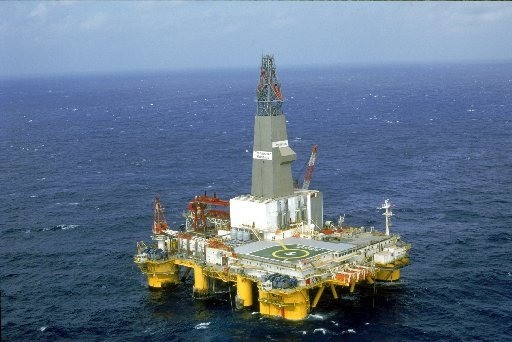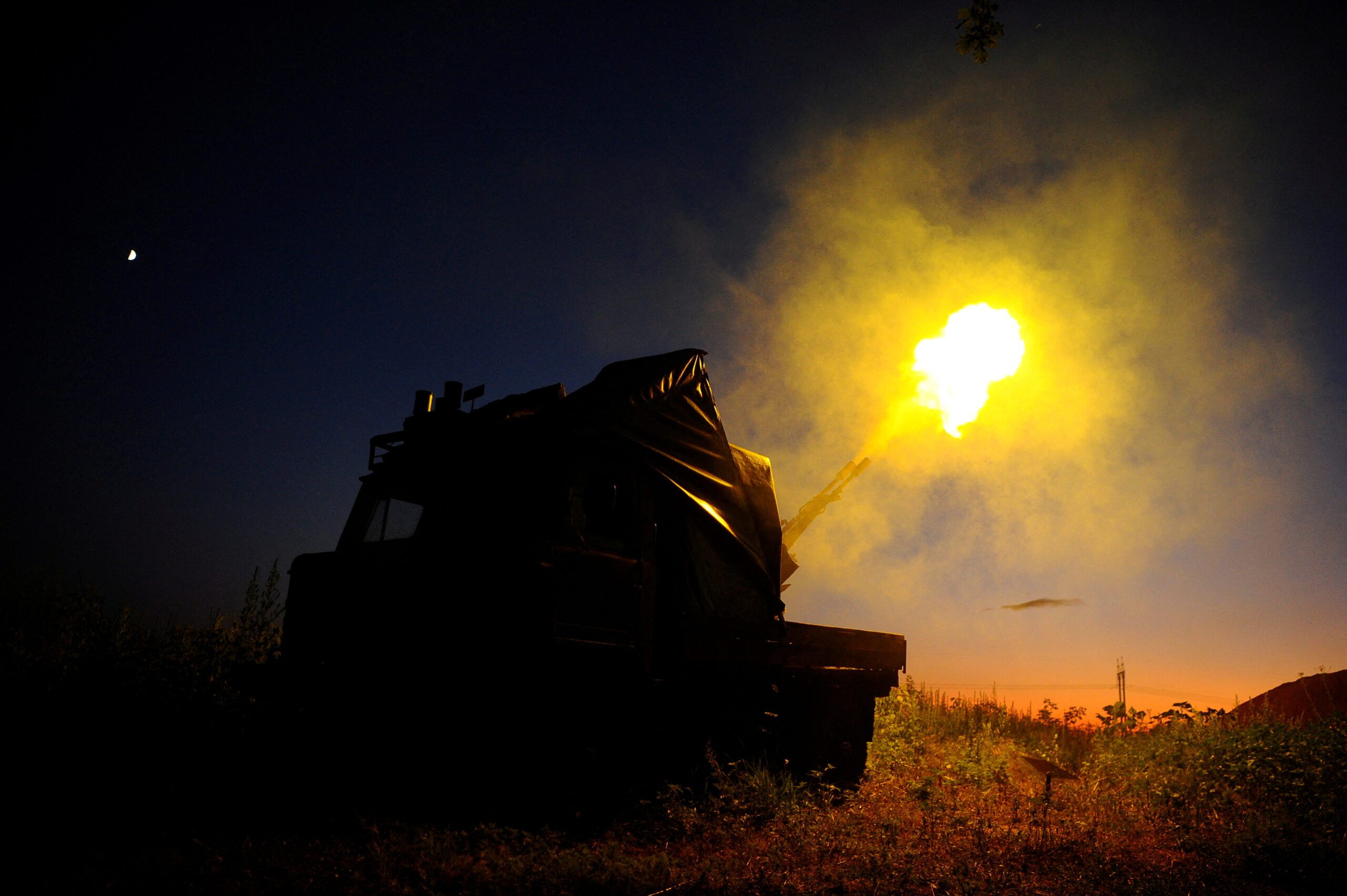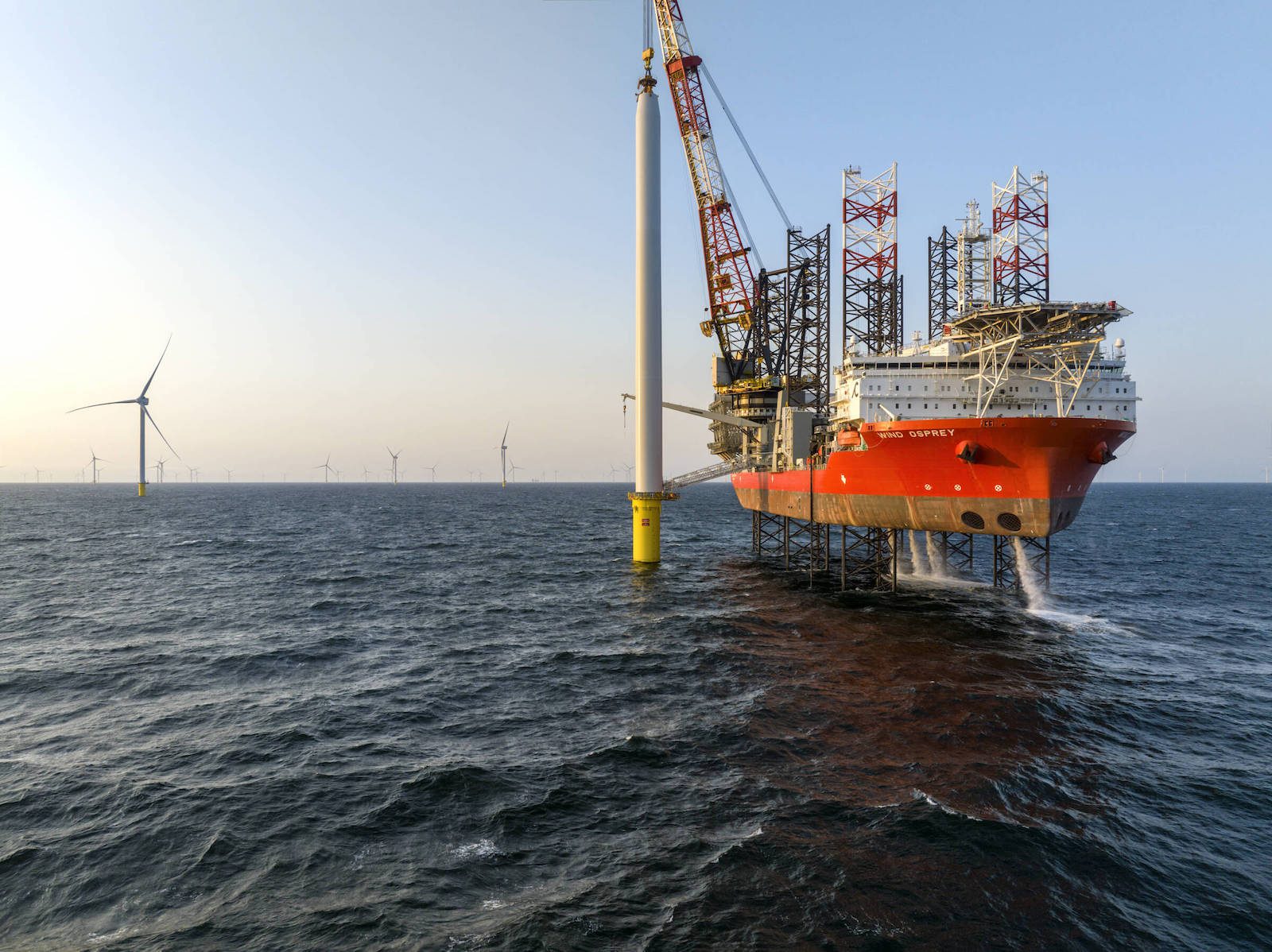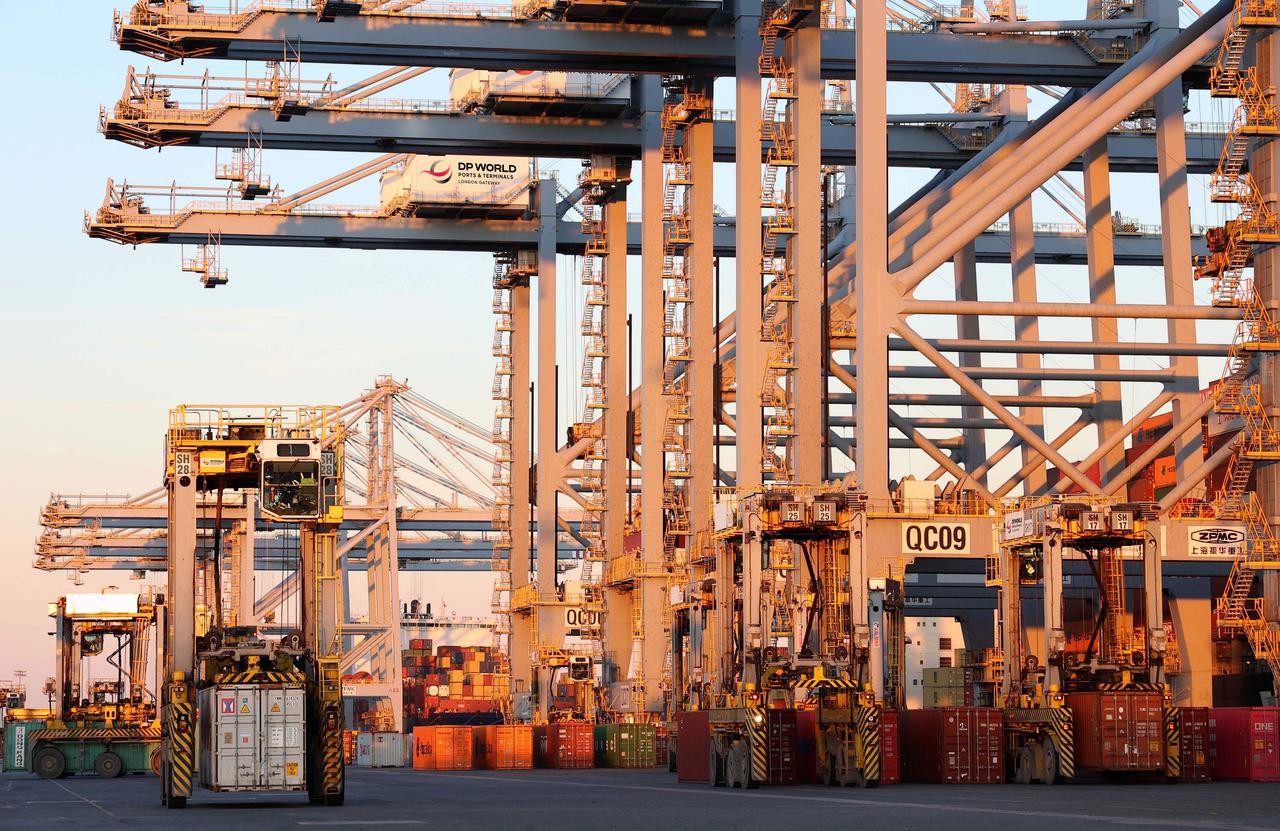Transocean’s Marianas drilling rig, image: Transocean
(Bloomberg) — HRT Participacoes em Petroleo SA is expecting results this week from a well off Namibia’s Skeleton Coast that may revive interest in oil exploration after two failures last year in the southwest African nation .
The Wingat-1 well, in an area where shipwrecks line the coast, is expected to be finished at a depth of about 4,200 meters (13,800 feet) by the end of this week, Patricia Odenbreit, an HRT spokeswoman, said in an e-mail. The well is being drilled by Transocean Ltd.’s semi-submersible Transocean Marianas rig.
BP Plc, Chariot Oil & Gas Ltd. and Repsol SA all have stakes in offshore blocks in Namibia, where 18 wells in past decades have failed to find commercial crude deposits. The explorers are betting west Africa’s coastal shelf may mirror Brazil across the Atlantic, and that Namibia will yield major finds like neighboring Angola.
“A successful oil well in Namibia would be very positive for all companies involved in Namibia as there is considerable skepticism over the oil potential,” Anish Kapadia, a senior research analyst for Tudor, Pickering, Holt & Co. International, said by e-mail. “Most believe it is gassy.”
Investors have punished Chariot, which drilled two dry holes in Namibia, sending its shares down almost 90 percent in the past year. Rio de Janeiro-based HRT is the cheapest energy stock in the Americas after it found natural gas rather than oil in Brazil’s Amazon jungle. Investors are assigning no value to the Namibia licenses, Chief Executive Officer Marcio Mello said last month.
‘Not Critical’
Chariot declined 6.3 percent to 18.50 pence at 11:31 a.m. in London, increasing its loss this year to 33 percent. HRT dropped 3.7 percent to 4.19 reais in Sao Paulo yesterday. It’s fallen 58 percent over the past year.
HRT gives the Wingat well a 27.5 percent chance of success and is considering a fourth well, Odenbreit said. Galp Energia SGPS SA is its partner for its first three wells.
“It will be very important, but not a critical issue” that HRT finds oil with this well, she said. “Most important is to evaluate the basin with our exploration campaign of three wells at the moment.”
Companies are expected to drill nine wells in Namibia from 2012 to 2014, equal to the rate seen from 1994 to 1998, said Immanuel Mulunga, Namibia’s petroleum commissioner at the Ministry of Mines and Energy. At that time, explorers withdrew from the country after oil prices dropped.
In 2010, more than half of the 57 licenses were still available; now there are none, drawing interest in partnerships from companies not yet involved, Gil Holzman, CEO of Toronto- based Eco Atlantic Oil & Gas Inc., said April 29.
‘Overcooked’ Gas
“The door will be shut when HRT makes that all important discovery,” Mulunga said in a speech last month at an energy conference in the capital, Windhoek. The government plans to collect more data with an emphasis on Namibia’s deepwater blocks, he said.
Geologists at the conference highlighted seismic charts from offshore blocks, making comparisons to major finds on the coastlines of Brazil, where billions of barrels of oil have been found in the last decade, and to Angola, Africa’s second-largest oil producer.
Natural gas discovered in the Kudu Field off Namibia’s southern coast was once potential oil that became “overcooked” deep beneath the earth, according to a 2011 report by Chariot Oil, which holds acreage north of the area.
Stranded Sailors
HRT is the operator in 10 of the 12 blocks it holds in Namibia, covering almost 69,000 square kilometers (26,600 square miles) and holding 6.9 billion barrels in prospective resources, according to the company website, citing a third-party assessment.
Chariot and Eco Atlantic have interests in blocks neighboring the prospects being drilled by HRT. About half of Chariot’s 60,000 square kilometers of acreage is in Namibia.
The Skeleton Coast, a barren stretch of land south of the border with Angola, became notorious among European navigators after ships wrecked on its rocks or ran aground in fog. The name is said to come from the bones left behind from whale and seal hunts, and from the stranded sailors who perished there.
Chariot Oil, HRT, Eco Atlantic, Petroleo Brasileiro SA, Repsol and Signet Petroleum Ltd. have local offices while others are in the process of setting up, Mulunga said. Namibia is still considered a frontier area, unlike Mozambique where major natural gas deposits have been found.
“The activity level hasn’t been Mozambiquesque because there hasn’t been a rig that’s come in for several operators; it’s been a bespoke rig that’s come in for a particular project,” Larry Bottomley, CEO of Chariot Oil, said in an April 23 interview. “The thing that would transform that would be success.”
– Paul Burkhardt, Copyright 2013 Bloomberg.

 Join The Club
Join The Club











